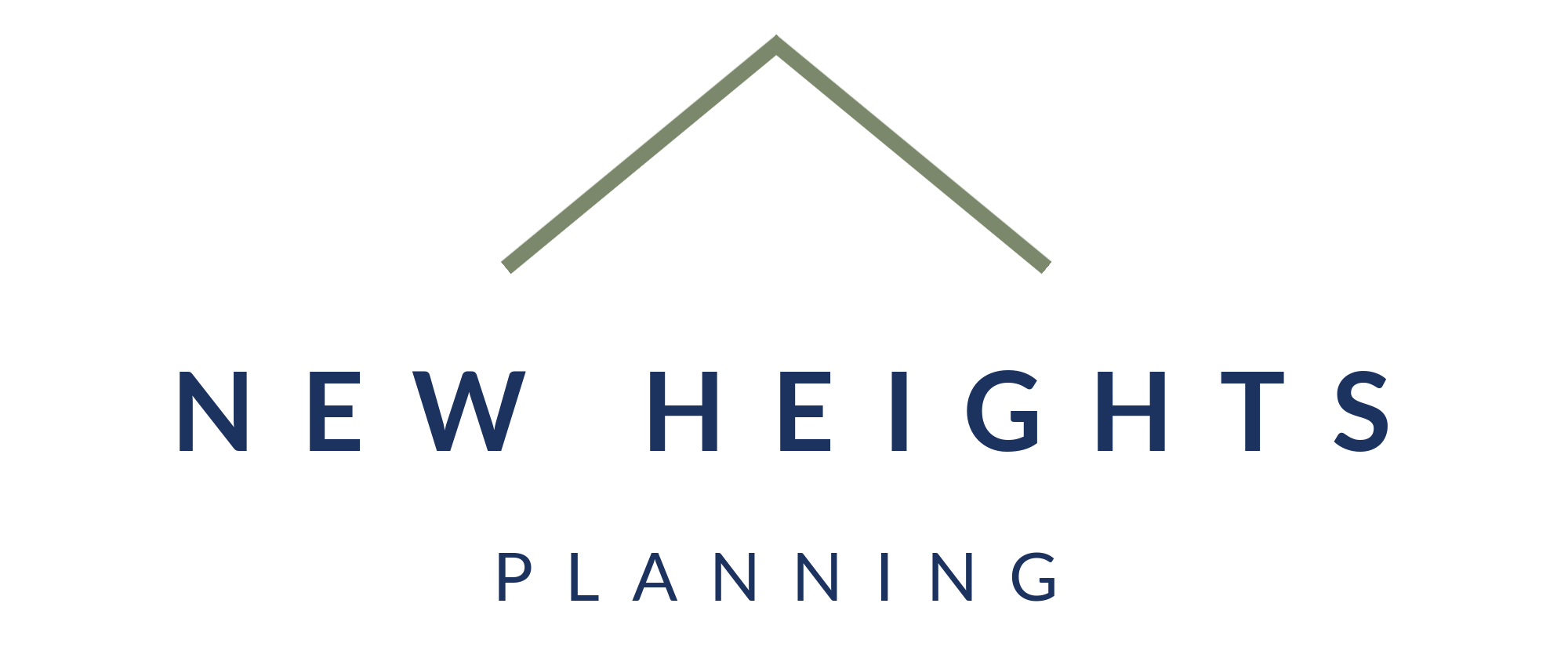Why Did My 401(k) Contributions Stop?
Why Did My 401(k) Contributions Stop? (2024 Update)
Full Transcript:
Are you a leader at Shell? Don’t make this common mistake with your Shell Provident fund.
Many high-earning Shell professionals get an unpleasant surprise when their 401(k) contributions stop mid-year. Now is the time to act to make sure this doesn’t happen to you for 2024. Let’s use a hypothetical case study, John, to explain what happens and what you should consider doing. John’s a manager at Shell, and he has a great base salary. He makes $360,000 per year. John wants to max out the pre-tax bucket within his 401(k), targeting $23,000, the 2024 max contribution limit for pre-tax. Now, as John makes $360,000 a year, he decides to put 6.5% of that into his pre-tax 401(k).
So, in January, he makes $30,000, and he puts 6.5% of that into his pre-tax or $1,950. Now, in February, of course, he makes another $30,000, so year-to-date, he’s made $60,000. And in February, he puts another $1,950 into his 401(k). Now, when bonuses come at the end of February, John doesn’t have any of his bonus go into his 401(k), and John got a great bonus this year. His bonus was $165,000. So, at this point, his year-to-date pay is $225,000. Now, if we fast forward to June, John’s year-to-date pay from his base salary plus his bonus at this point is now $345,000. And, of course, as he’s still putting 6.5% of his base pay in each month, he puts in another $1,950.
Now, something happens in July. In July, John has had a year-to-date pay of $375,000, but his 401(k) contribution goes to zero. He also notices that the Shell contribution to his 401(k) stops, and it’s redirected to the Provident Fund BRP, or a benefit restoration plan.
So what happened? So John was keenly aware of this $23,000 contribution limit, but he was not aware of the lesser-known compensation limit. So, in 2024, the IRS will not let you or your employer contribute more to your 401(k) once your year-to-date compensation has hit $345,000. So, John hit that limit at the end of June, and therefore, he can no longer put money into his 401(k) for the rest of the year.
So, although John’s total compensation for the entire year was $525,000, he only got $11,700 into his 401(k). He missed out on $11,300 of pre-tax contributions. Now, in addition to that, if John was 50 or older, he also misses out on his catch-up contributions of an additional $70,500. And if he was going to do the after-tax option, that’s no longer available either. That’s a lot of money to leave on the table and a lot of extra taxes that John has to pay.
So now that we’re in the beginning part of 2024, what should John do to ensure he gets his full contribution into his 401(k)? There are two things that John can do to make sure this happens.
One, he can increase his percentage going into his 401(k) from his base salary. And two, he can also contribute that same percentage to his 401(k) from his bonus. By doing these, John will front-load his 401(k) contributions in the first half of the year, before his compensation hits $345,000. Now, at Shell, there is no penalty for maxing out early. And in addition to that, you give your money a little bit more time to grow in the market. Now, with other employers, you may miss out on a match if you max out early. So, if you don’t work for Shell, I encourage you to check your individual plan.
Now, a lot is going on here, so I encourage you to reach out to your financial professional and look at your statements to ensure that you are taking full advantage of your 401(k).



